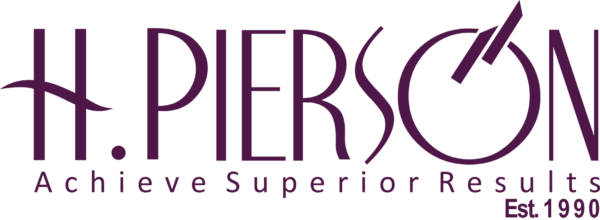Artificial intelligence (AI) is no longer a distant frontier. Across Africa, it is shaping how businesses manage risk, compete for customers, and create value. Yet for many organizations, AI remains a technology applied to operations or customer service, not to the boardroom itself. As regulatory pressures grow and market dynamics accelerate, forward-looking boards are beginning to ask a new question: how can AI be integrated into governance to improve oversight and decision-making?
The opportunity is significant. AI systems excel at analyzing large, complex datasets and identifying patterns that humans may overlook. For boards charged with stewarding strategy and risk, these capabilities can enhance everything from financial oversight to sustainability reporting. In an era of rapid digital change, AI can help directors move from reactive supervision to proactive leadership.
Practical Pathways for Integration
African boards can begin by applying AI in three key areas:
- Enhanced Risk Management and Compliance Monitoring
AI tools can continuously scan internal and external data: financial transactions, cybersecurity logs, regulatory updates to flag anomalies or emerging risks. For example, natural-language processing can sift through changing data-protection laws in multiple jurisdictions, alerting directors to new obligations such as Nigeria’s Data Protection Act 2023 (NDPA) or South Africa’s POPIA. Machine-learning models can identify early indicators of cyber intrusions or supply-chain vulnerabilities, enabling faster and more informed board responses.
- Improved Board Decision Support
Generative AI and predictive analytics can summarize market trends, competitor moves, and stakeholder sentiment, giving directors deeper insight before critical votes. AI-powered dashboards can integrate financial performance, ESG metrics, and operational data into easy-to-interpret visual reports, allowing boards to focus on strategic discussion rather than data gathering.
- Strengthening Talent and Succession Planning
Boards are responsible for ensuring that management teams have the right skills for a digital economy. AI-driven talent analytics can help directors evaluate workforce capabilities, predict skill gaps, and benchmark executive performance. In markets where digital talent is scarce, this intelligence supports more targeted recruitment and retention strategies.
Governance Considerations
Integrating AI into board processes is not without risk. Data quality, algorithmic bias, and cybersecurity must be carefully managed. Boards should establish clear policies on how AI systems are selected, trained, and audited. Independent assurance, whether through internal audit or third-party review helps build trust in AI outputs. Directors must also ensure that AI complements rather than replaces human judgment. The board remains ultimately accountable for decisions, even when AI tools inform those decisions.
Steps for Boards to Take Now
- Approve an AI Governance Charter that defines roles, responsibilities, and oversight mechanisms for any AI used in board activities. This should align with recognized frameworks such as the NIST AI Risk Management Framework (AI RMF 1.0) and draw on standards like ISO/IEC 42001:2023 for AI management systems.
- Pilot AI-driven reporting tools in committees where data complexity is high, for example, audit, risk, or sustainability committees. Starting small allows directors to test functionality and refine protocols before scaling.
- Upskill the board through targeted digital and AI education. Directors should understand AI fundamentals, ethical considerations, and key regulatory trends, including the potential extraterritorial effects of laws like the EU AI Act on African firms trading with Europe.
- Refresh board composition to include at least one member with digital or AI expertise, ensuring that oversight is informed and credible to investors and regulators.
The Bottom Line
AI is redefining competitive dynamics across Africa, and the boardroom is no exception. By integrating AI into governance practices, African boards can strengthen oversight, accelerate strategic insight, and demonstrate leadership in responsible innovation. Those that act now will not only keep pace with regulatory demands but also set a new standard for corporate excellence in the digital age.



